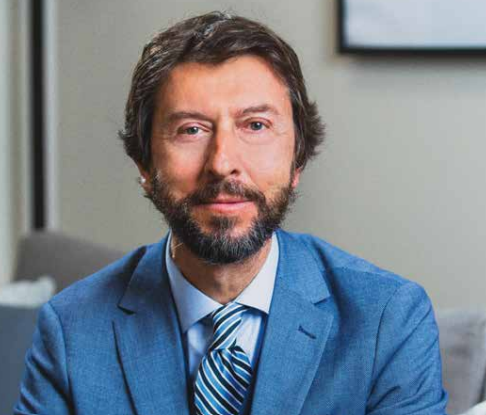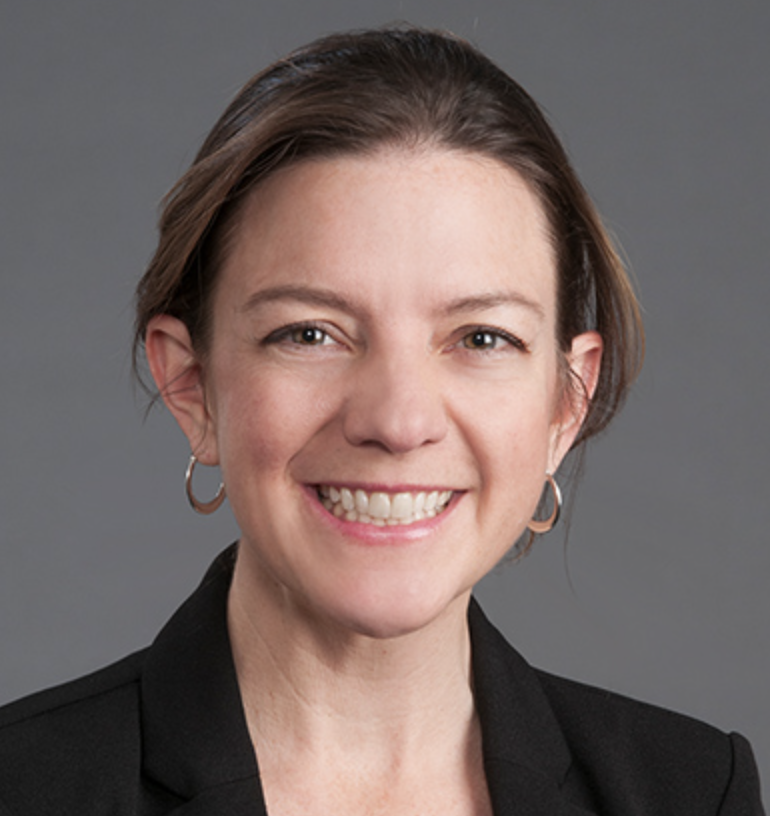


Breaking Boundaries: TMS in Addiction Treatment
Breaking Boundaries: TMS in Addiction Treatment
Information
Date & Time
-
-
Description
Addictions and Beyond: The Many Faces of TMS
Presented by Dr. Antonello Bonci
This lecture describes the history, mechanisms of action, and the science and rationale behind using TMS on chemical and non-chemical addictions. Dr. Bonci will also briefly touch on the latest findings on how TMS is impacting an increasingly wider variety of neurological and psychiatric diseases.
Currents of Hope: Using TMS to Transform the Lives of Patients with Drug and Alcohol Use Disorders
Presented by Dr. Colleen Hanlon
This session explores the emerging role of Transcranial Magnetic Stimulation (TMS) in treating patients with drug and alcohol use disorders. Participants will learn how TMS modulates brain circuits linked to addiction, review clinical evidence supporting its effectiveness, and examine real-world applications that offer new hope for recovery. The session highlights practical strategies for integrating TMS into comprehensive treatment plans to improve outcomes and transform lives.
Educational Goal
Learning Objectives
Participants will be able to:
-
Explain how clinical, operational, and management teams can collaborate to deliver comprehensive, patient-centered behavioral health services.
-
Summarize how to intentionally design and operationalize interdisciplinary collaboration.
-
Describe at least three strategies for facilitating interprofessional communication, coordinating transitions between levels of care, or overcoming common operational barriers.
-
Explain how TMS modulates brain circuits to reduce cravings and support sustained recovery.
-
Evaluate the clinical evidence supporting the use of TMS in treating substance use disorders.
-
Identify at least two practical strategies for integrating TMS into comprehensive treatment plans for patients with substance use disorders.
Target Audience
- Addiction Professional
- Counselor
- Marriage & Family Therapist
- Nurse
- Physician
- Psychologist
- Social Worker
Presenters

